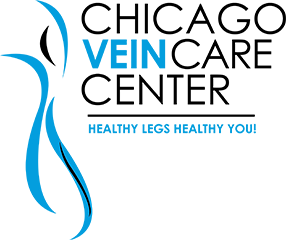Do you suffer from deep vein thrombosis? Do you understand what the risk factors and consequences of vein disease are?
Age
Between ages 30 to 70, you have a higher risk of developing varicose veins, and that risk increases as you continue to age. Aging naturally diminishes the flexibility of the vein walls and increases the chances for the pooling of blood in the veins.
Gender
Women develop varicose veins more frequently than men, partly due to natural hormonal swings that occur during pregnancy and the increased amount of blood being transported through the veins for the developing fetus. Moreover, particular hormones are able to stretch out vein walls, increasing the chances of blood to flow in the opposite direction.
Standing for Long Periods
Like many people, you may spend an extensive amount of time on your feet while at work, chasing children and cleaning around the house, or maybe you like to stand. Standing up for long periods makes it more difficult for veins to push blood in an upward flow against gravity to get to your heart.
Weight/Activity Level
Excess weight and low levels of activity can also lead to developing varicose veins. Being obese or overweight puts more stress on your entire body and strain on your veins. Keeping an active lifestyle benefits circulation and maintains healthy veins.
Venous disease and varicose veins have a strong hereditary link. Often, many members of a family will have the condition, so ask your relatives if they have ever been treated.

